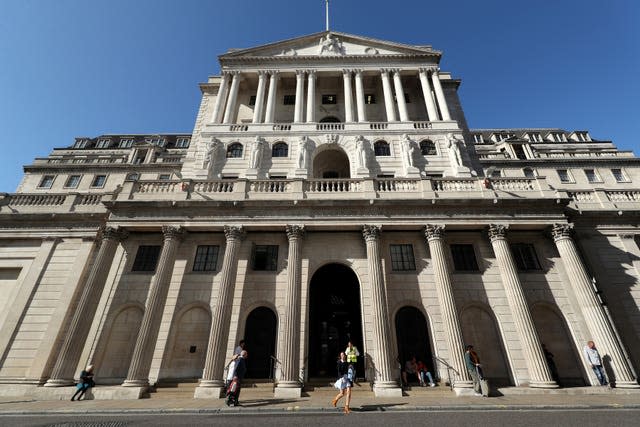Bank hawk Saunders signals rate hikes might wait for Omicron data
One of the main supporters of raising the Bank of England’s base rate has signalled a softening of his stance.
Michael Saunders has been a lone voice to raise rates on the committee that sets them.
But in a speech on Friday, he said he will assess the impact the new Covid variant Omicron might have on the economy before December’s vote on the issue.
“At present, given the new Omicron Covid variant has only been detected quite recently, there could be particular advantages in waiting to see more evidence on its possible effects on public health outcomes and hence on the economy,” he said.
It is a signal that the biggest inflation hawk on the bank’s Monetary Policy Committee might rethink his stance, at least temporarily.

The bank’s base rate, which influences the cost of borrowing throughout the UK, was slashed to a record low of 0.1% during the pandemic.
Economists have expected a change in recent months as the economy comes back into action following months of lockdowns.
But Mr Saunders also warned that sticking to low interest rates could bring downsides.
“Continued delay also could be costly,” he said.
“If the economy continues along its recent path, then maintaining the current highly accommodative policy stance would probably allow the labour market to tighten further and, with inflation well above target, reinforce risks of a further rise in long-term inflation expectations.
“This could require a more abrupt and painful policy tightening later. For me, the balance between these considerations is likely to be a key factor at the December meeting.”

 Yahoo Finance
Yahoo Finance 